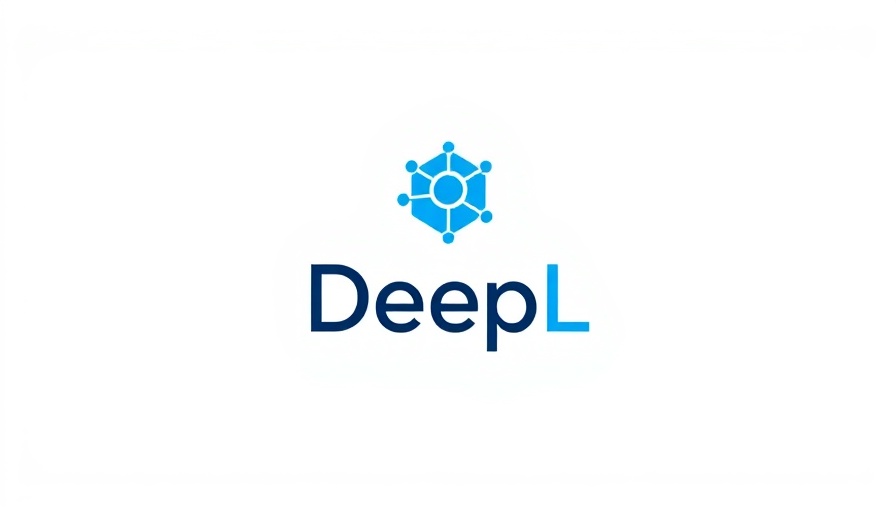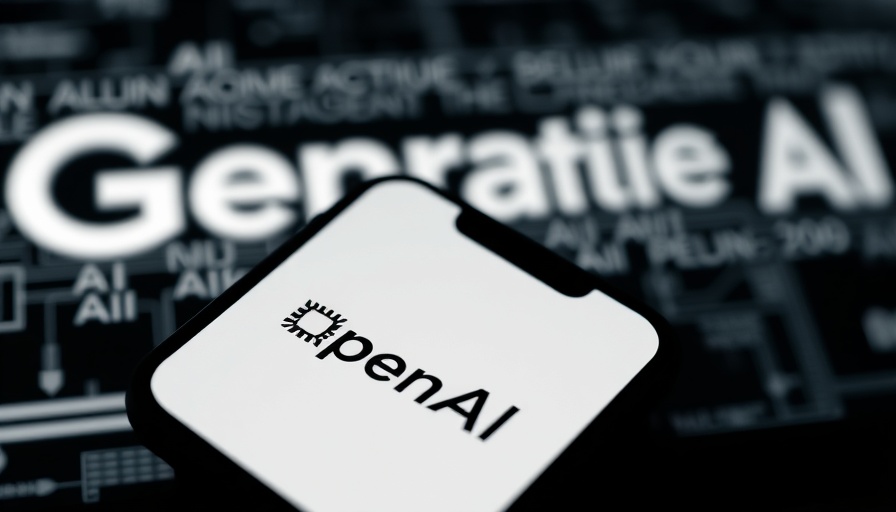
How AI Writing Tools Are Revolutionizing Academic Help Services
Artificial intelligence is no longer confined to science-fiction realms; it's an integral part of the daily academic toolkit for many students. Today, learners are finding themselves navigating their academic writing with the aid of AI systems, which enhance their writing capabilities seamlessly. Instead of the trepidation that once came with looming deadlines, many students can now simply open a browser, enter a prompt, and in mere seconds, receive tailored outlines, reference lists, or even entire drafts. However, this rapid advancement in AI writing tools begs a critical examination of ethical considerations and practical integration into educational practices.
A Brief History: From Spell-check to AI Assistants
Historically, students have always relied on tools to support their writing endeavors. The journey began with simple word processors equipped with spell-check features, which, while helpful, fell short of enhancing overall writing quality. The introduction of grammar checkers marked the beginning of more sophisticated assistance; they began identifying common errors like passive voice and sentence fragments. However, it wasn't until machine learning models gained traction that academic support began to truly evolve. By analyzing extensive text databases, these systems started predicting text structure, offering not just corrections but also coherent sentence formations and even argumentative frameworks.
Modern Features Tailored for Today's Students
Today's learners have specific expectations from academic help services. They anticipate instant topic ideas, and many platforms now offer students multiple angles on a chosen topic along with tentative thesis statements. Furthermore, contemporary AI tools integrate research capabilities, scanning through scholarly databases to fetch peer-reviewed articles complete with proper citations in various formats, such as APA, MLA, or Chicago. This not only saves students time but elevates the quality of their work.
Building drafts is where AI truly shines, adapting paragraph templates according to word count and reading levels. These tools don’t just assist in structuring ideas; they ensure logical coherence and fluid transitions between concepts. As students engage with this state-of-the-art technology, they still maintain their critical thinking skills while the AI enhances their writing process.
Ethical Considerations in Using AI for Academic Support
As with any advancement, ethical implications loom large. While AI writing tools can provide invaluable assistance, there’s a fine line between guidance and ghostwriting. Numerous universities uphold strict honor codes that discourage the use of machine-generated content in academic submissions. Educators and students alike must navigate these guidelines carefully, fostering a model of academic integrity that embraces the benefits of AI while ensuring that students are developing their writing and analytical skills.
Conclusion
The integration of AI into academic writing is a powerful ally for today's learners. By utilizing these tools effectively, students can enhance their writing skills while adhering to ethical academic standards. As the landscape of education evolves, adopting AI for academic writing will likely become a norm rather than an exception. For those eager to explore the world of AI academic assistance, tools like Prompt2Human are paving the way for cleaner, more authentic academic practices.
 Add Row
Add Row  Add
Add 




 Add Row
Add Row  Add
Add 

Write A Comment